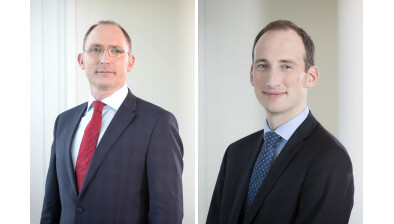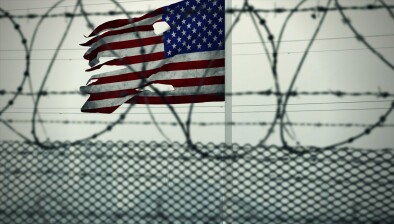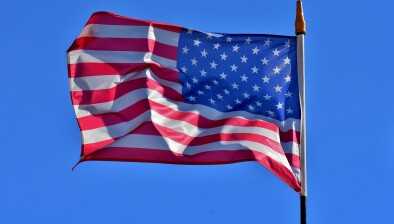Trump administration accused of politicising US human rights report

The Trump administration has rewritten and reduced the scope of the US government’s annual report on global human rights abuses, prompting accusations it has compromised the document’s credibility for political ends.
The report, historically regarded as one of the most comprehensive government-led assessments of human rights worldwide, has softened criticism of strategic allies such as Israel and El Salvador, while increasing scrutiny of countries viewed as adversaries, including Brazil and South Africa.
Entire sections present in previous editions — including those addressing government corruption and the persecution of LGBTQ+ people — have been omitted, narrowing the report’s coverage. State department officials defended the changes, claiming the report had been “restructured” to “remove redundancies” and “increase readability”.
The revised document also criticises close US allies, including the UK, France and Germany, stating that human rights situations there had “worsened” due to regulations addressing online hate speech. The language mirrors rhetoric previously used by the Trump administration and figures in the US tech industry who have opposed European content moderation laws, framing them as threats to free expression.
The UK was accused of “significant human rights issues”, including “credible reports of serious restrictions on freedom of expression”, with enforcement described as “inconsistent”. A UK government spokesperson said: “Free speech is vital for democracy around the world including here in the UK and we are proud to uphold freedoms whilst keeping our citizens safe.”
Critics have condemned the report’s selective omissions. Uzra Zeya, a former senior State Department official and now president of Human Rights First, said the Trump administration had “gutted” decades of respected human rights work. She told the BBC: “It sends a signal that there’s going to be a free pass from the United States government, that it will look the other way if a government is willing to cut deals or do the bidding of this administration.”
In relation to Brazil, the report denounced “disproportionate action to undermine freedom of speech”, a theme consistent with earlier criticism by Trump officials. Both the UK and Brazil have previously rejected such assessments from Washington.
The section on Israel, the West Bank and Gaza acknowledges that the ongoing war “led to a rise in reports of human rights violations”, but also states that “the government took several credible steps to identify officials who committed human rights abuses”. It accuses Hamas and Hezbollah of war crimes, charges both groups deny, but makes no mention of the International Criminal Court’s arrest warrants for Israeli Prime Minister Benjamin Netanyahu, former defence minister Yoav Gallant, or Hamas commander Mohammed Deif. ICC judges had concluded there were “reasonable grounds” for believing the men bore “criminal responsibility” for alleged war crimes, claims rejected by both Israel and Hamas.
On El Salvador, the report concluded there were “no credible reports of significant human rights abuses”, despite warnings from Amnesty International about “arbitrary detentions and human rights violations” and “inhumane” detention conditions. President Trump has praised El Salvador’s leader Nayib Bukele as “one hell of a president” who is doing a “great job”.










